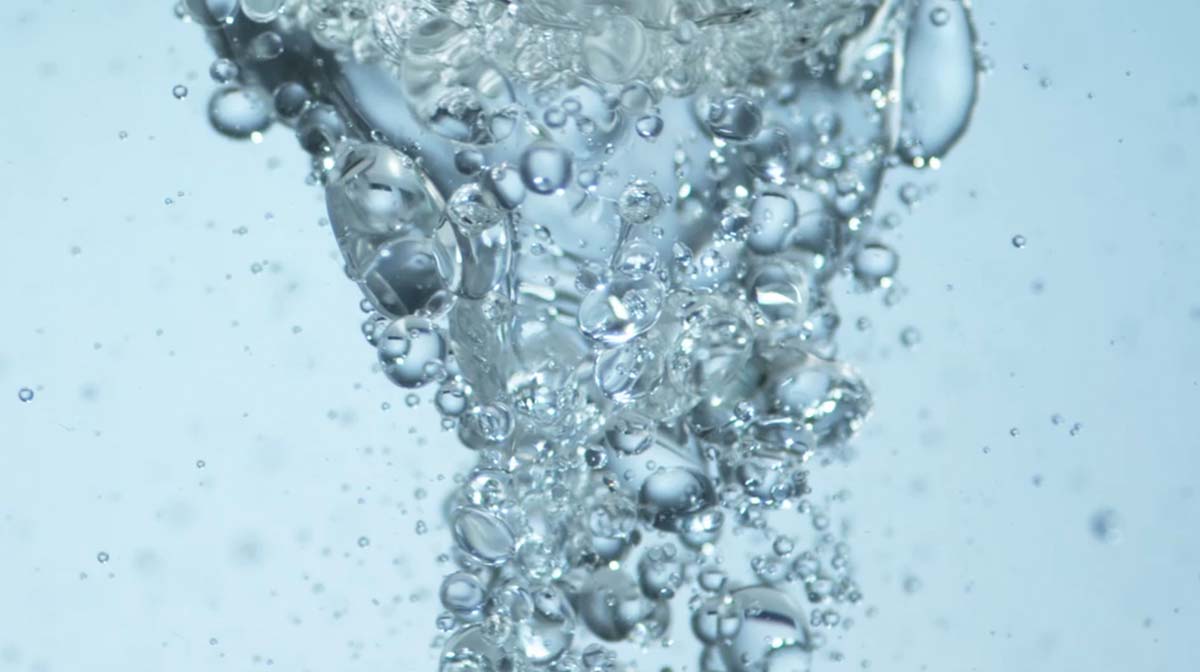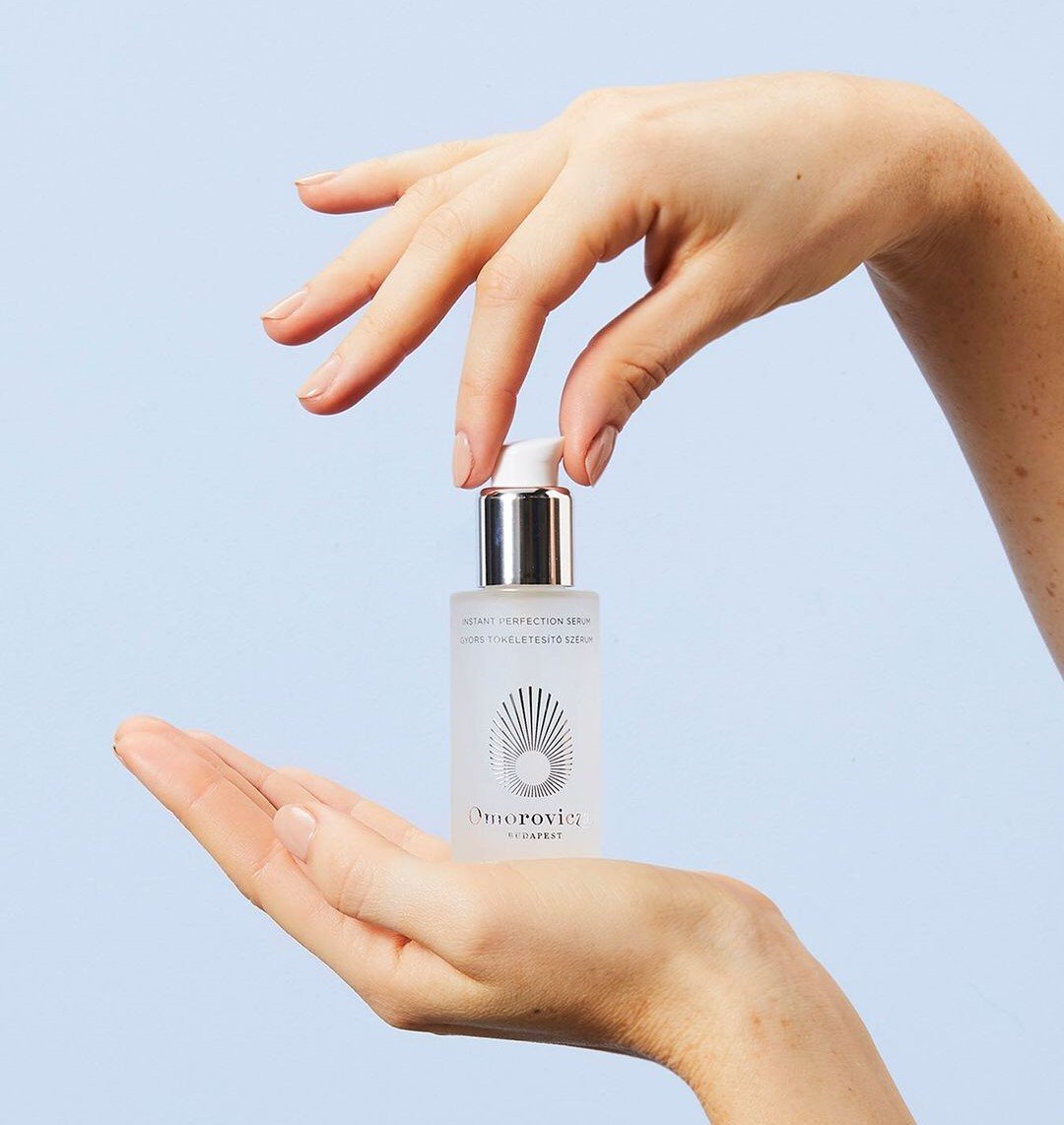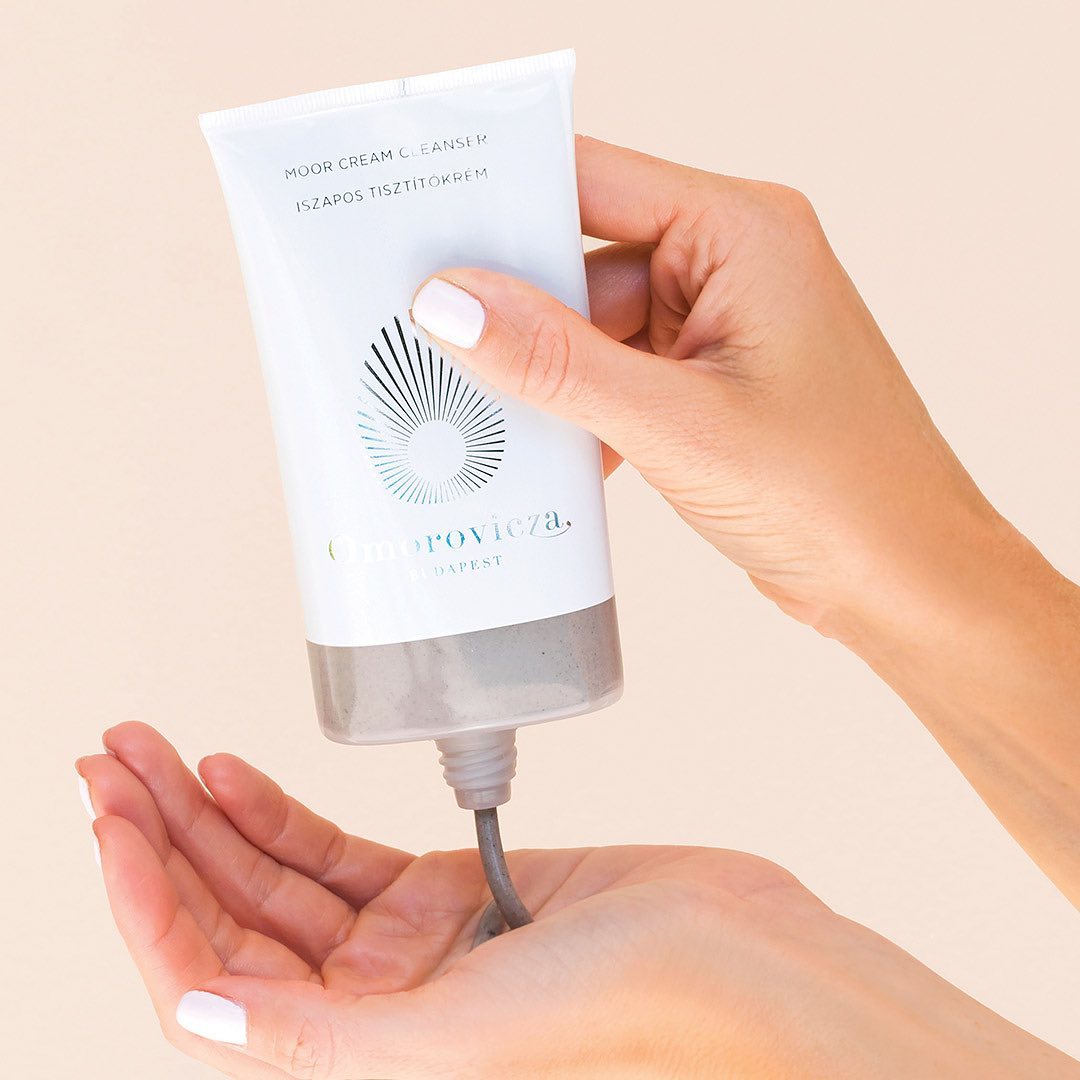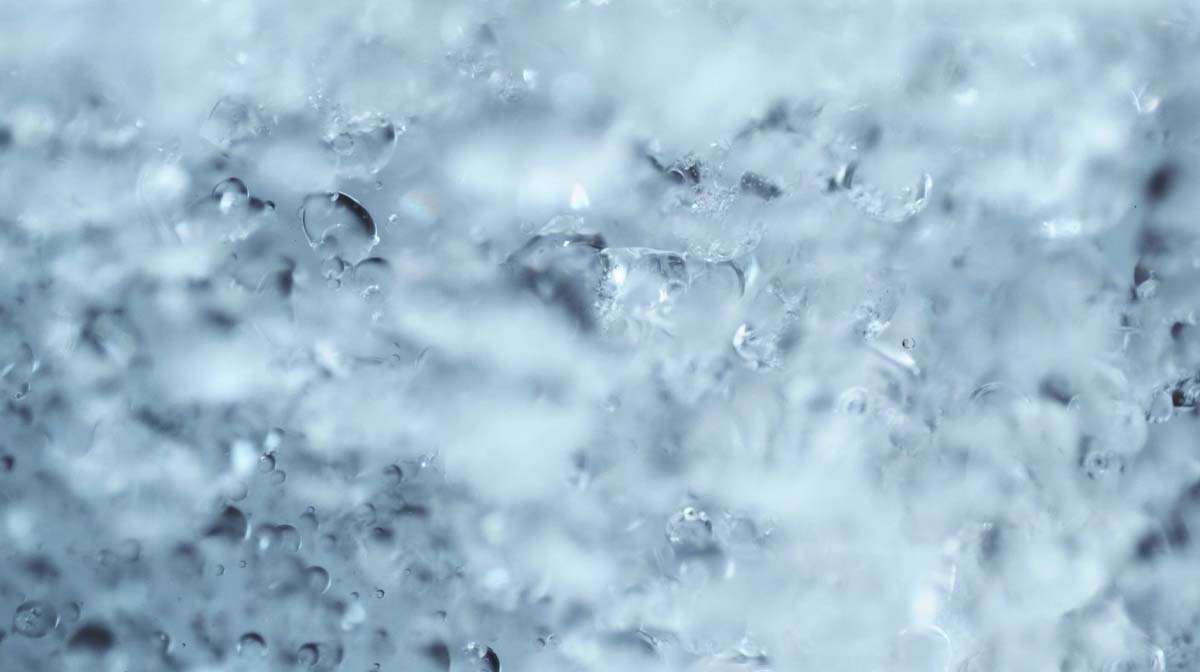


expert advice
Skincare Ingredients to Avoid
Healthy skin starts with healthy, clean skincare products that are effective and free of unnecessary additives. Read on to discover nine skincare ingredients Omorovicza chooses to avoid and why.
Why Omorovicza Chooses Clean Skincare
Your skin is your body’s largest organ and is a passageway to your bloodstream. As 60% of what is put on the skin gets absorbed, topical creams or skincare can affect the overall health of the body.
Avoiding skincare products that contain synthetic ingredients and instead opting for clean skincare is a lifestyle choice and, at Omorovicza, we wanted to make that choice, focusing on ingredients that improve the tone and texture of your skin, and avoiding anything that doesn’t.
Is Omorovicza A Clean Skincare Brand?
At Omorovicza, we believe that the future of beauty shouldn’t include unnecessary synthetic ingredients, which are occlusive and prevent the skin from breathing. Consequently, none of our products include parabens, glycols, mineral oils, silicone, phthalates, sodium lauryl sulphate, synthetic colors, synthetic fragrances or chemical sunscreen.




Skincare Ingredients Omorovicza Chooses To Avoid And Why
We created a list of nine skincare ingredients we chose to avoid and answer the most commonly asked questions about them to explain our stance on clean skincare.
What Are Parabens And Why Are They Considered Bad?
Parabens are a type of preservative used to prolong the shelf life of many health and beauty products by preventing the growth of mould and bacteria. They are often criticised for:
- Mimicking oestrogen: Parabens are xenoestrogens and can mimic the oestrogen hormone in your body. This could potentially cause an array of health issues related to high oestrogen levels.
- Increasing cell damage: Parabens are believed to aggravate skin cell damage caused by UV rays, leading to premature ageing.
- Sensitising the skin: In some case, parabens can sensitise the skin and cause allergic reactions.
While European and American standards state that individual parabens can be used at a concentration of 0.4% and the total concentration of parabens can be 0.8%, we chose to add parabens to our list of skincare ingredients to avoid as they do not directly benefit the skin.
What Are Glycols And How Do They Affect The Skin?
Glycols are a type of penetration-enhancing humectant. They can increase the skin’s permeability and allow it to retain more moisture. In so doing, though, they can make the skin overly permeable, allowing harmful pollutants and chemical ingredients to penetrate the epidermis, potentially harming the lipid barrier and causing irritation.
Why Have I Read That Mineral Oils Are Bad For Skin?
Mineral oils are used as emollients to lock moisture into the skin. However, as mineral oils often have large molecules that cannot absorb into the skin, they sit on the skin surface, preventing it from breathing and clogging pores.
We chose to add mineral oils to our list of skincare ingredients to avoid because they are occlusive and do not improve skin tone or texture in the long term. Instead, we opted for skin-friendly hydrators, like hyaluronic acid.
What Is Silicone And Is It Bad For Your Skin?
Silicones are commonly found in skincare products for two reasons: they create a protective barrier on the skin that helps to lock in moisture, and they have a temporary smoothing effect.
However, silicone is often considered bad for the skin because the seal it creates can also trap dirt, sweat, bacteria, sebum and dead skin cells.
- Trapped dirt and bacteria can cause irritation
- Trapped sebum can cause breakouts and congestion
- Trapped skin cells can slow down the production of new cells, creating a dull, lacklustre appearance
What Are Phthalates And How Do They Affect Your Health?
Phthalates are used in cosmetics as lubricants and softeners. They also help the product to adhere to the skin.
Much like parabens, though, they are known as endocrine disrupting chemicals (EDCs) that act like oestrogen and interfere with normal hormonal function. This could potentially cause an array of health issues, which is why they are banned in the European Union. Though they are still prominently used in products sold in the US, we consider phthalates as one of the key skincare ingredients to avoid and do not use them in any of our products.
Do Sulphates Dry Out The Skin?
Sodium Lauryl Sulphate (or SLS) is added to skincare products to create lather. An unnecessary foaming agent, it’s thought to irritate the skin by stripping away its healthy, natural oils and drying it out.
To avoid any potential side effects, we chose to make all of our products SLS free. None of our cleansers strip the skin of moisture.
What Are Synthetic Colours?
Artificial colours or dyes are synthetic additives combined to make a single colour. Up to 50 synthetic additives are needed to create one artificial dye.
The toxins that synthetic colours leave on your skin greatly increase your risk of sensitivity and irritation. They can also block pores, hindering the natural breathing process of the skin and increasing the risk of breakouts.
What Are Synthetic Fragrances?
Synthetic fragrances are often used in beauty products to make them smell nice. However, these can linger on the skin. At Omorovicza, we prefer to use natural fragrances that smell wonderful when applied, but don’t overpower your senses throughout the day.
Why Use Chemical–Free Sunscreen?
Some chemical UV filters have been known to cause allergic reactions and irritation in sensitive skin. Physical sunscreen on the other hand, is formulated with non-irritating ingredients and creates a lightweight, breathable shield on the skin that blocks UV rays from ever reaching the skin’s surface.
Chemical-free sunscreen is the best way of prevent sun damage without angering your complexion. The Omorovicza’s Mineral UV Shield SPF 30, for example, uses a highly effective combination of physical sunscreen, zinc and titanium dioxide to provide SPF30 UVA/UVB broad spectrum protection.




